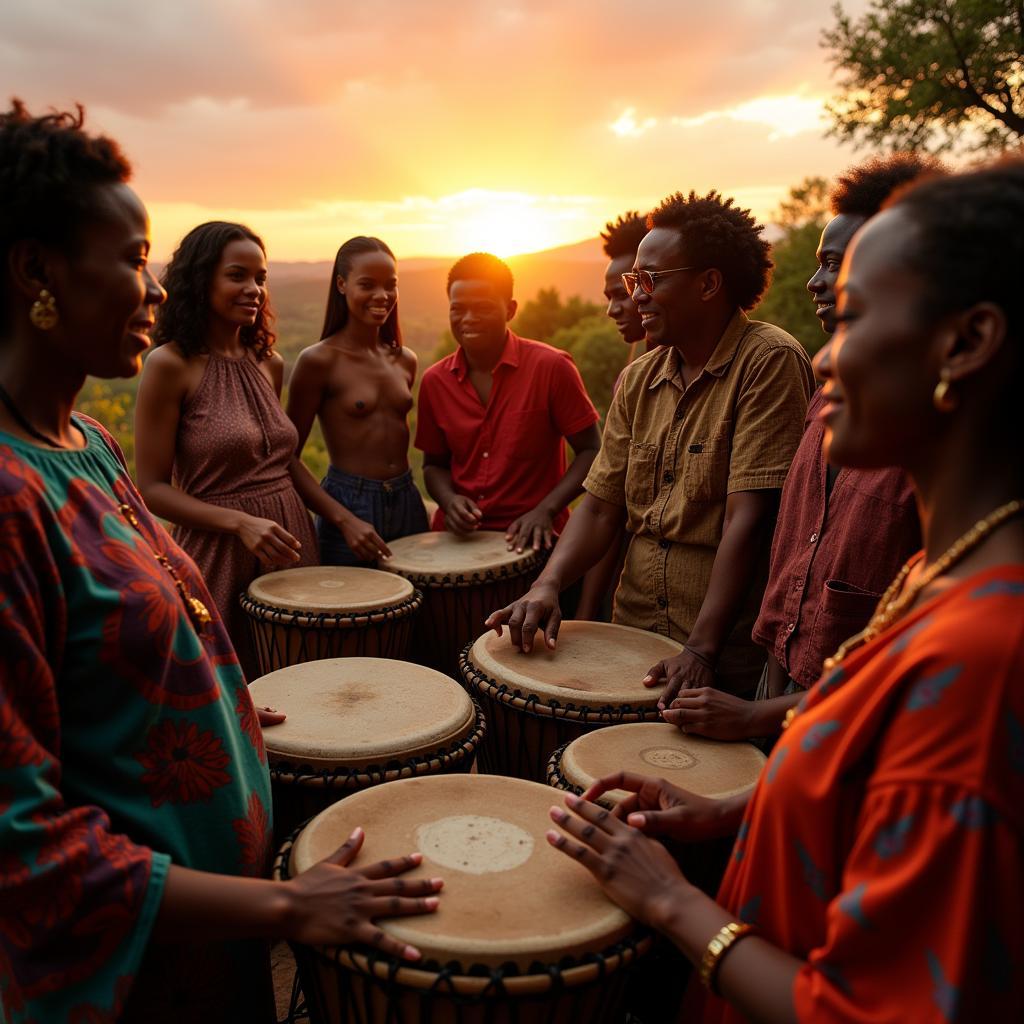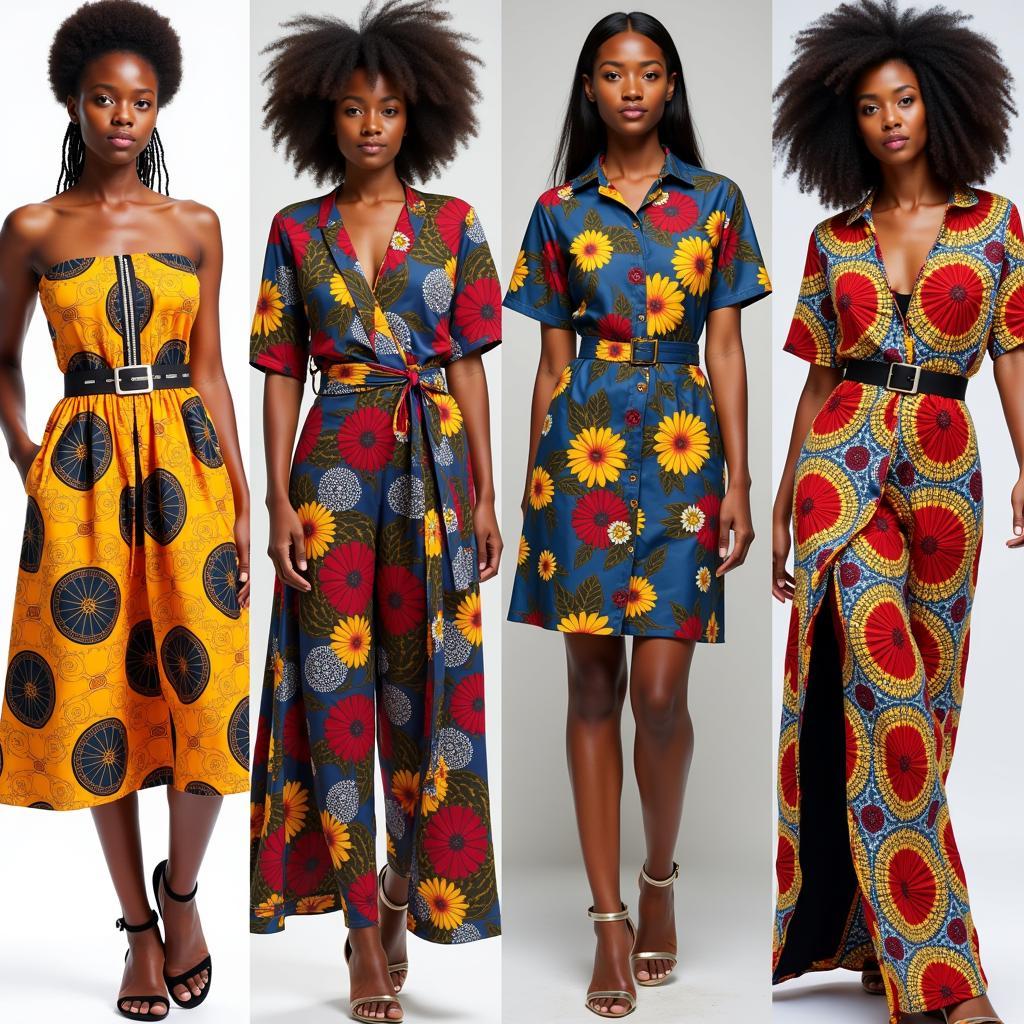African Gender Studies: A Reader Engendering African Social Sciences
African gender studies is a vibrant and critical field that examines the social, cultural, political, and economic realities of gender in Africa. This interdisciplinary field seeks to move beyond Western-centric perspectives on gender and to explore the diverse ways in which gender is constructed, negotiated, and experienced across the African continent.
Unpacking “African Gender Studies: A Reader”
A key text in this field is the seminal work, “African Gender Studies: A Reader.” This comprehensive anthology brings together a diverse range of scholarly articles, essays, and personal narratives that highlight the complex intersections of gender, culture, and power dynamics within African societies.
The reader delves into a wide array of themes, including:
- Women’s movements and feminist activism: Examining the historical and contemporary struggles of African women for equality and social justice.
- Gender and colonialism: Analyzing the impact of colonialism on gender relations and the ways in which colonial legacies continue to shape gender inequalities.
- Gender, sexuality, and the body: Exploring diverse expressions of sexuality, challenging heteronormative assumptions, and highlighting the importance of bodily autonomy.
- Gender and development: Critiquing traditional development paradigms and advocating for gender-sensitive approaches that empower women and promote equitable societies.
Engaging with African Social Sciences
“African Gender Studies: A Reader” is not simply a collection of academic texts; it is a call to action. It challenges readers to engage critically with African social sciences and to decolonize their understanding of gender.
The reader encourages us to:
- Decenter Western perspectives: Recognizing that Western notions of gender are not universally applicable and that African societies have their own rich and nuanced understandings of gender relations.
- Embrace intersectionality: Understanding that gender intersects with other social categories such as race, class, ethnicity, religion, and sexual orientation to shape individual and collective experiences.
- Amplify marginalized voices: Creating space for the voices and perspectives of those who have been historically silenced or marginalized, including women, LGBTQ+ individuals, and people with disabilities.
The Importance of Gender Studies in Africa
Studying gender in Africa is crucial for several reasons:
- Challenging Gender Inequality: It helps us understand and dismantle the root causes of gender inequality and discrimination that persist in many African societies.
- Promoting Social Justice: By understanding the lived experiences of diverse individuals and communities, we can work towards creating more just and equitable societies.
- Enhancing Development Outcomes: Gender equality is not only a matter of social justice but also a key driver of economic growth and sustainable development.
Conclusion
“African Gender Studies: A Reader” is an essential resource for anyone interested in understanding the complexities of gender in Africa. By engaging with this text, we can begin to deconstruct harmful stereotypes, challenge dominant narratives, and contribute to building a more just and equitable world for all.



